Are you looking to foster innovative partnerships beyond borders? Collaborating internationally can open up a world of opportunities, combining unique perspectives and resources to tackle shared challenges. In this article, we'll explore the essential elements of a compelling cross-border collaboration proposal that captures attention and inspires action. So, dive in and discover how you can create meaningful connections that drive success in our increasingly interconnected world!

Introduction and Background Information
Cross-border collaboration proposals, especially in sectors like trade, education, and technology, aim to leverage shared resources, expertise, and markets. In 2023, countries such as Germany and Canada have seen increased partnerships in areas like renewable energy, biotechnology, and AI. This collaborative trend was spurred by events such as the UN Climate Change Conference, highlighting the need for global cooperation to combat climate challenges. Effective interaction between institutions like the European Union (EU) and North American Free Trade Agreement (NAFTA) member nations is crucial for successful outcomes. Regional entities, such as the European Free Trade Association (EFTA), play a vital role in fostering connections and ensuring adherence to regulatory standards across borders.
Objectives and Goals of Collaboration
Cross-border collaboration in international trade offers significant opportunities for enhancing economic development and cultural exchange. One primary objective includes increasing market access for small and medium-sized enterprises (SMEs), particularly those in emerging markets such as Vietnam and Kenya, which can lead to expanded customer bases and improved revenue streams. Another critical goal is fostering innovation through the exchange of best practices in industries like technology and agriculture, illustrated by partnerships between tech startups in Silicon Valley and agricultural firms in Brazil, promoting sustainable practices. Moreover, capacity building through joint training programs can enhance the skills of the workforce, aiding in higher productivity levels. Networking opportunities at global forums, such as the World Economic Forum, can further strengthen relationships between entities involved, creating a robust support system for ongoing collaboration.
Proposed Activities and Implementation Plan
Cross-border collaboration initiatives often involve several key activities aimed at fostering partnerships between entities from different countries. These activities may include joint workshops to share knowledge (typically lasting two days), collaborative research projects focusing on sustainable practices (over 12 months duration), and cultural exchange programs that promote understanding (scheduled quarterly). Each activity should be carefully aligned with the objectives stated in the proposal. An implementation plan outlining specific timelines, responsible parties, and measurable outcomes is essential for monitoring progress. For example, the initial workshops could take place in a major city, such as Brussels, followed by research phases that utilize resources from both participating countries. Evaluation metrics, such as participant feedback and project milestones, will ensure accountability and guide adjustments as necessary.
Roles, Responsibilities, and Contributions of Partners
The proposal outlines the delineation of roles among partners in a cross-border collaboration project aimed at enhancing innovative technologies. Each partner will participate based on their expertise, geographical location, and available resources. For instance, Partner A, located in Silicon Valley, will focus on research and development, leveraging its proximity to leading tech firms and research institutions. Partner B, situated in Germany, will manage regulatory compliance, ensuring that all project activities meet EU standards and guidelines. Partner C, hailing from Japan, will provide logistical support, utilizing its advanced supply chain networks and distribution channels. Contributions will include financial investments, shared technologies, and personnel expertise, creating a synergistic effect that boosts overall project success. Regular communication channels will be established, alongside progress tracking mechanisms, to ensure efficient collaboration across different time zones and cultural contexts.
Contact Information and Next Steps
In the realm of cross-border collaboration, establishing clear communication channels is paramount. For such initiatives, contact information is crucial, ideally including names, titles, email addresses, and direct phone lines of key stakeholders from each participating organization. This facilitates seamless exchanges regarding project proposals, timelines, and reports. Next steps involve scheduling regular meetings, perhaps bi-weekly video conferences via platforms such as Zoom or Microsoft Teams, to monitor progress, discuss challenges, and share updates. Additionally, setting clear deadlines for deliverables, such as reports or planning documents, ensures accountability and keeps the project on track. Establishing a shared digital workspace, like Google Drive or Dropbox, enhances document collaboration and version control, fostering efficiency and transparency throughout the duration of the partnership.

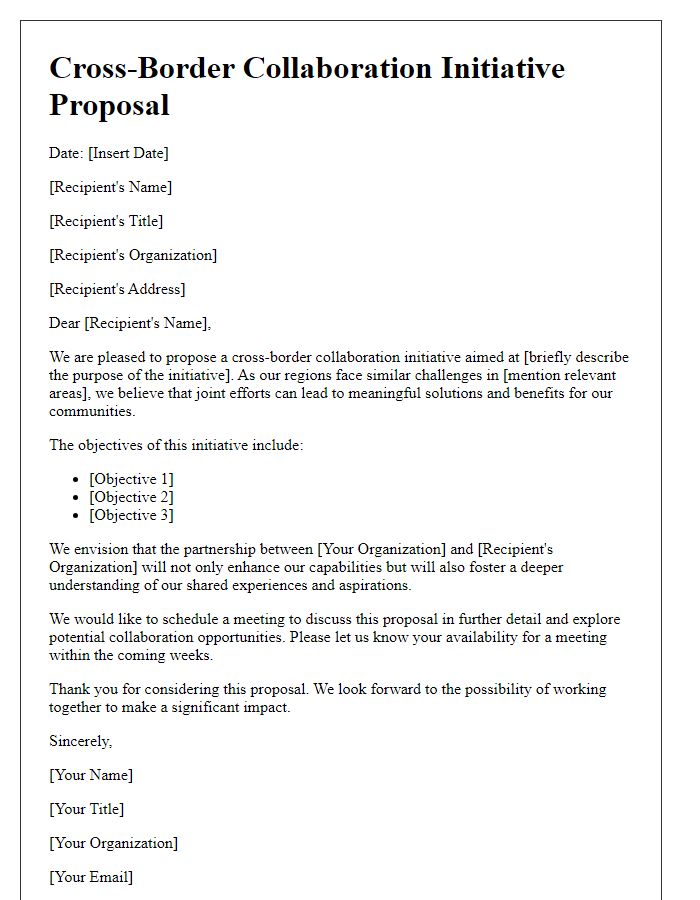
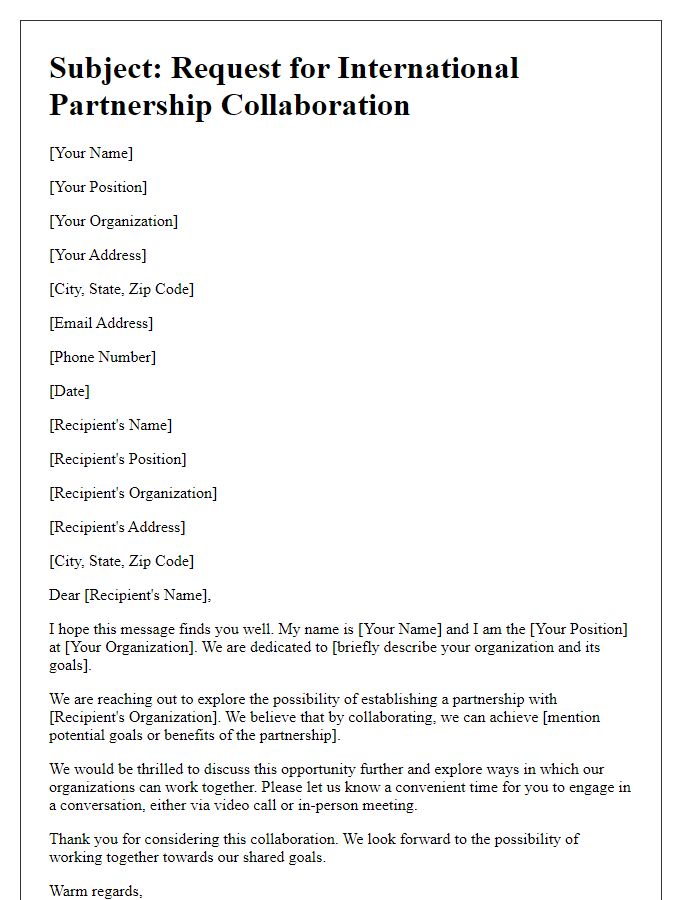
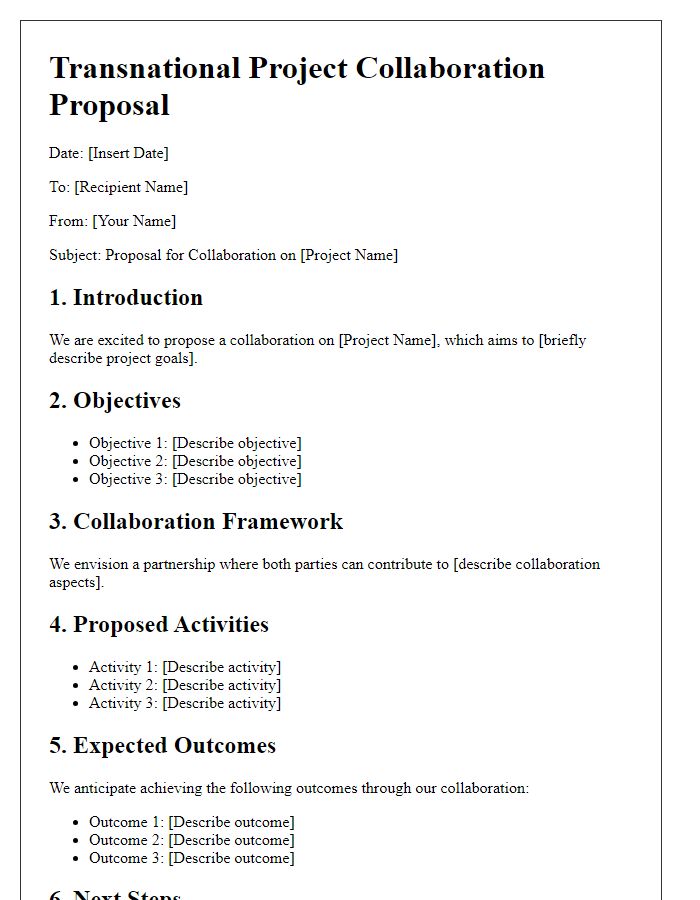
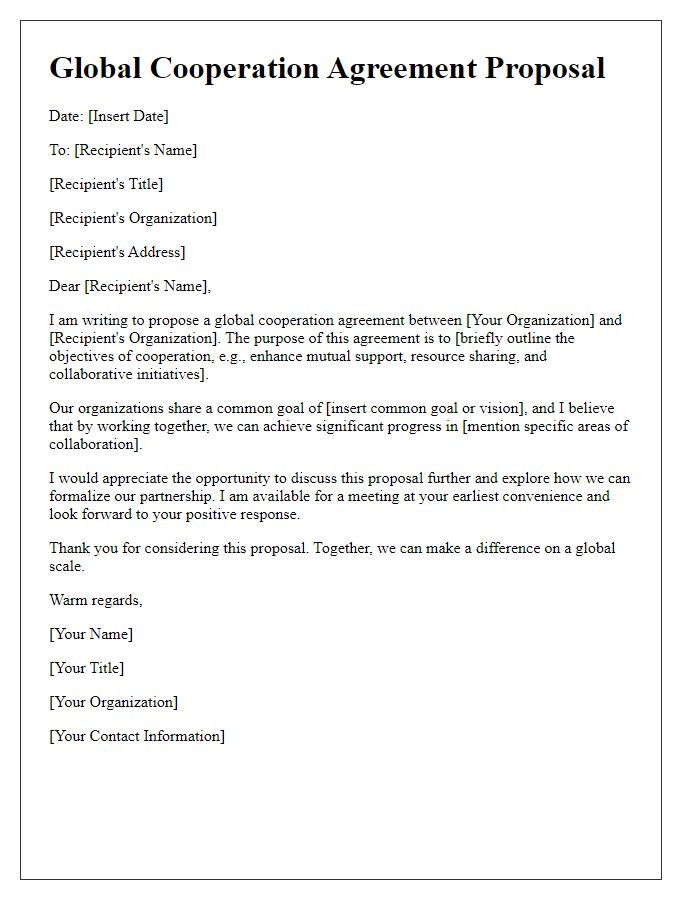
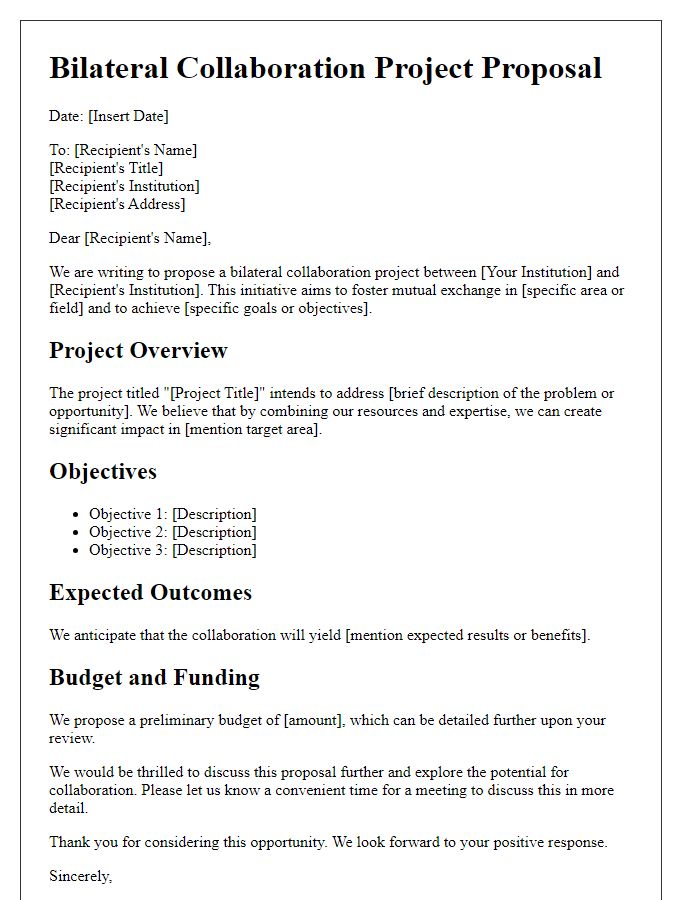
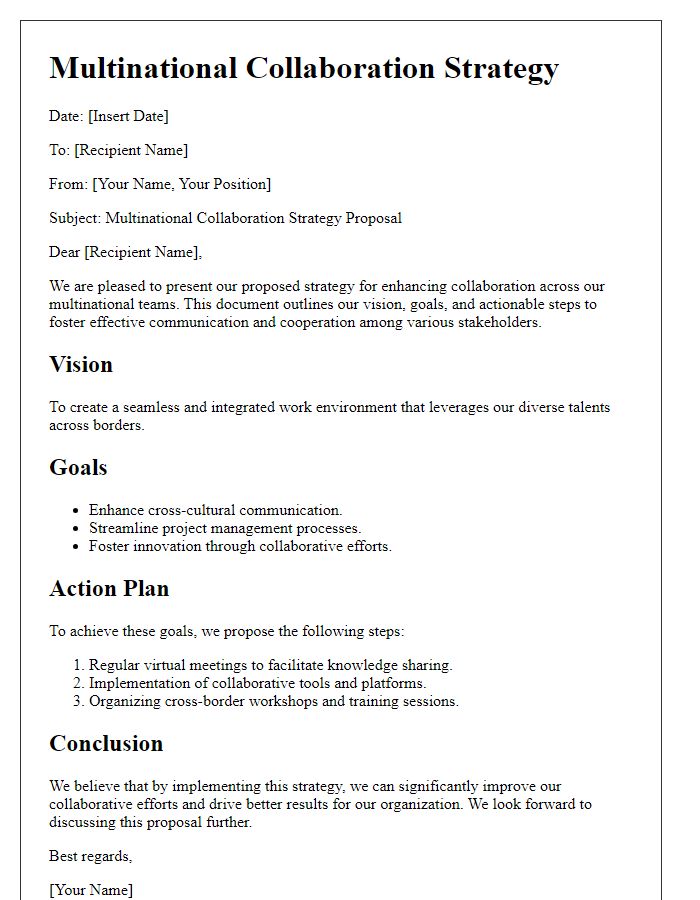
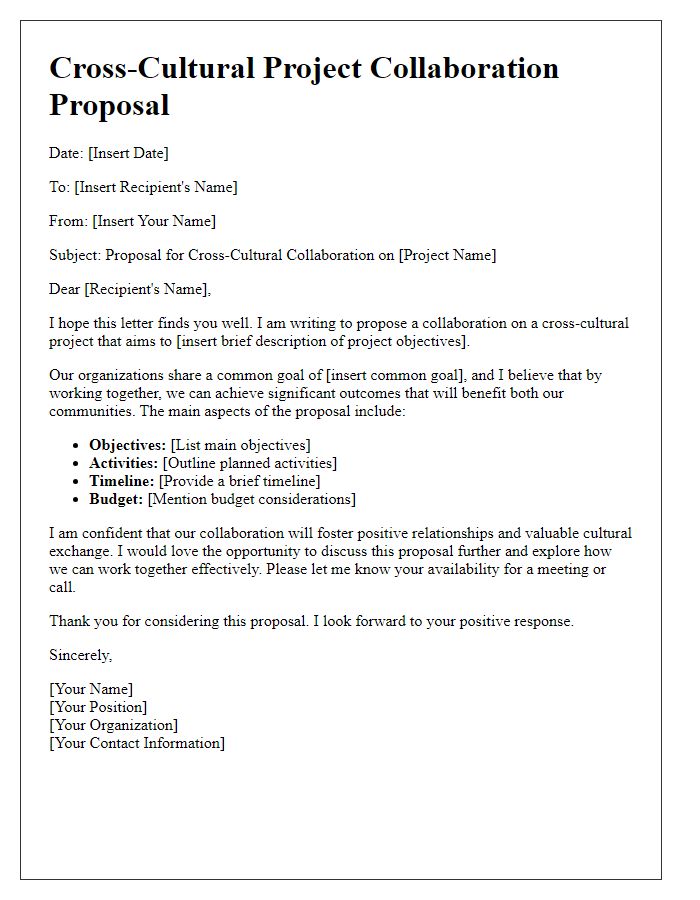
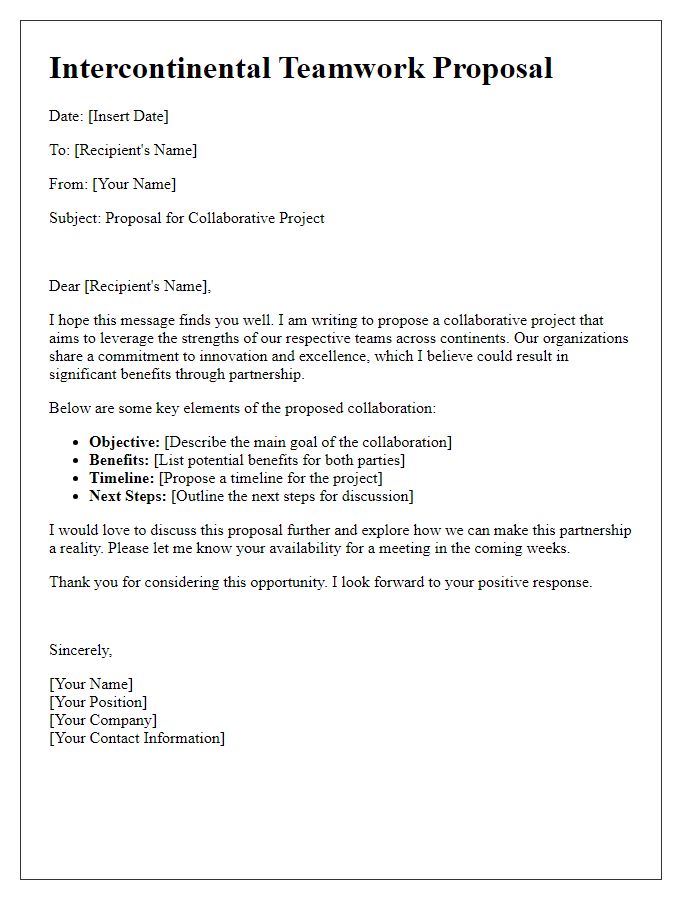
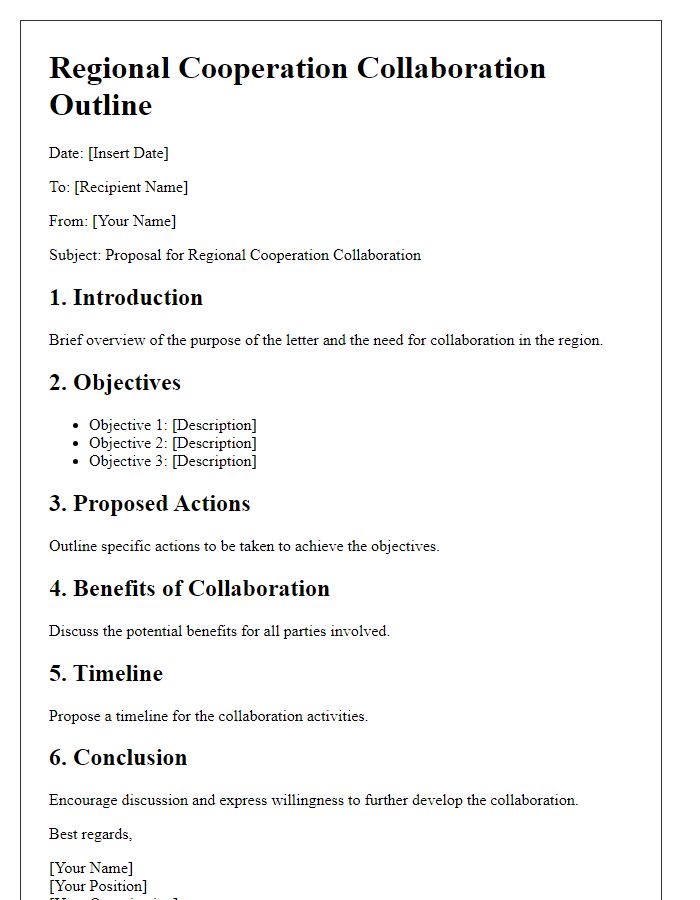
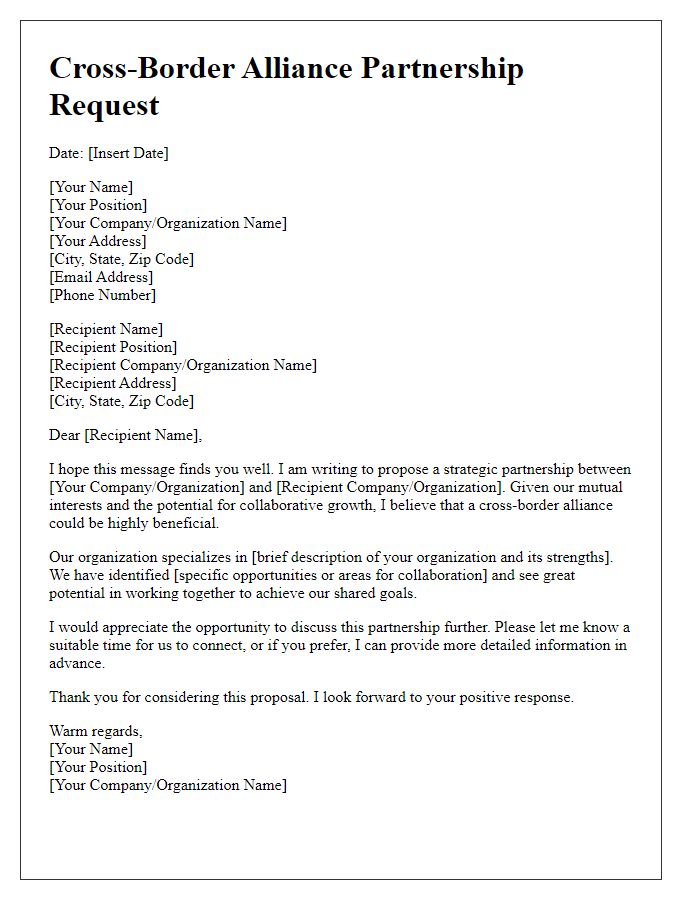


Comments